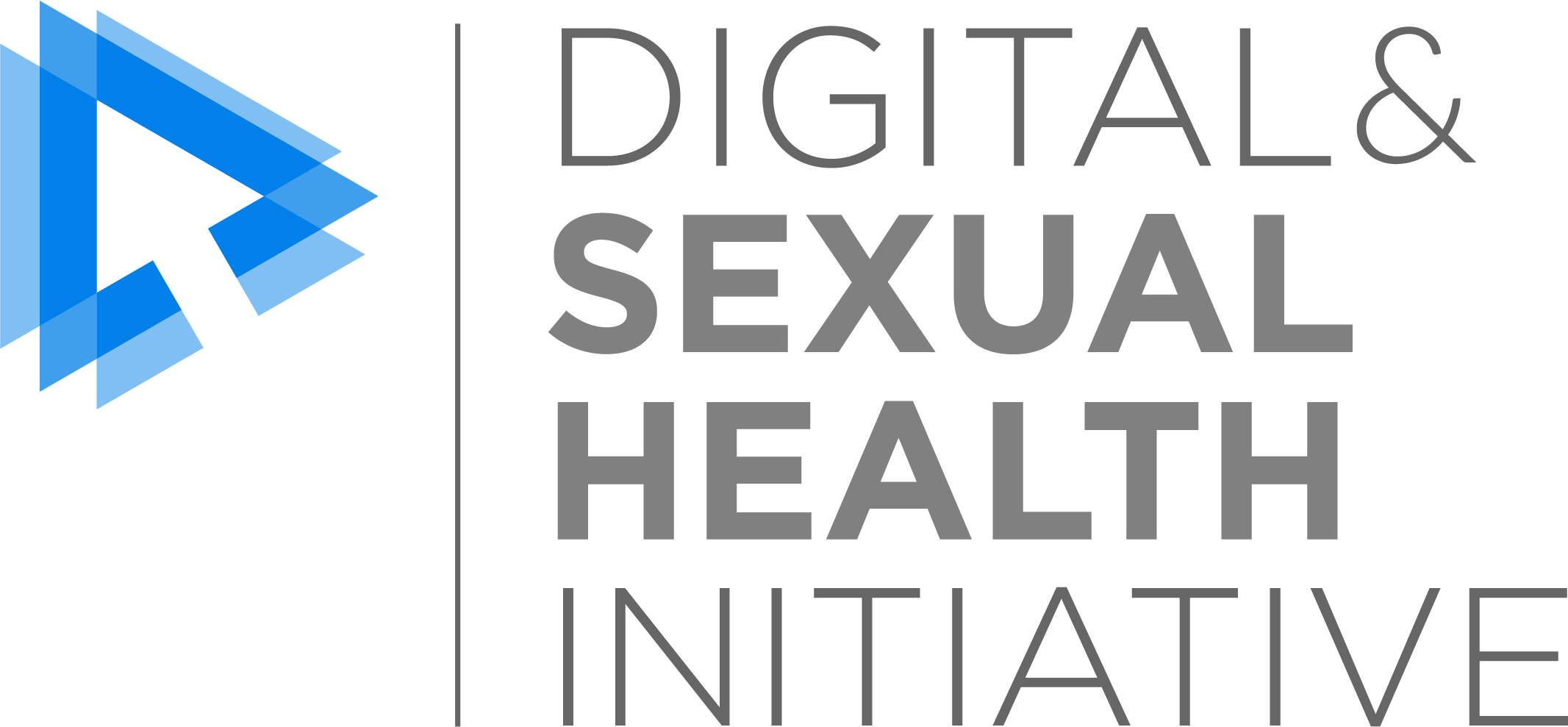Get checked… where? Lessons learned from implementing GetCheckedOnline, an integrated, complex public health system intervention to promote online STI/HIV testing in British Columbia, Canada
Research theme(s)
Internet Based Testing
Research team
Mark Gilbert, Devon Haag, Travis Salway Hottes, Mark Bondyra, Cathy Chabot, Janine Farrell, Amanda Connell, Kim Thomson, John Andruschak, Elizabeth Elliot, Shannon Kopp, Jean Shoveller, Gina Ogilvier
2016 National STD Prevention Conference, Atlanta, Georgia; Sept 20-23, 2016
Background
There is little practical guidance on how to develop and implement e‐health interventions. The BC Centre for Disease Control (BCCDC) was funded in 2009 to develop an internet‐based STI/HIV testing service (GetCheckedOnline, GCO) that is integrated with existing sexual health services to reduce testing barriers and expand testing capacity in the province. We describe our lessons learned from the development and implementation of this novel testing service.
Methods
We established a core multidisciplinary team representing essential health system partners internal/external to BCCDC for the planning, development, and usability testing of GCO. Feedback from potential users and stakeholders at all phases was incorporated through multiple research methods.
Results
GCO launched in the fall of 2014. Implementation facilitators included: i) identifying and engaging stakeholders at outset and throughout the project; ii) reviewing published literature and consultations with other internet‐based testing programs; iii) recognition of potential privacy and clinical risks and determining mitigation strategies; iv) effective partnerships with researchers; v) adopting an integrated knowledge translation approach whereby research findings were rapidly shared with program leads. Implementation challenges included: i) dependence on the capacity and competing priorities of external partners; ii) need to establish new agency practice standards and policies (e.g., e‐ mailing clients); iii) need to develop new information technology infrastructure to permit clients to access their own health information; iv) outdated system requirements (e.g., need to print forms); v) concerns about program sustainability.
Conclusions
Our experience rolling out GCO highlights the challenges and opportunities of developing and implementing novel, complex online sexual health interventions, and underscores the importance of understanding the role of implementation contexts including funding models in their development, uptake, and scale‐up. We hope our lessons learned may be helpful to others implementing complex public health system interventions, in both online and clinic settings.
